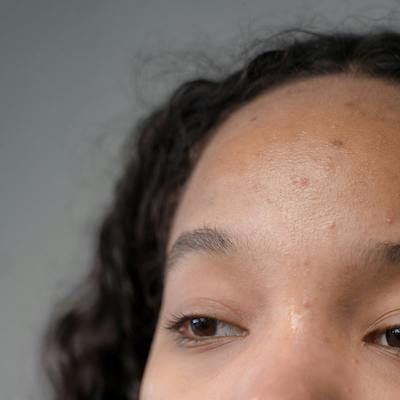Opinion
Video
Role of TNF-α Inhibitors in Moderate-to-Severe HS Treatment
Author(s):
A physician assistant expert in dermatological conditions comments on the use of biological therapy to manage moderate-to-severe HS in adults and adolescents and the long-term effectiveness of these agents.
Andrew Baker, MBA, PA-C: Early diagnosis and treatment of this [hidradenitis suppurativa (HS)] has been shown to improve patient outcomes. Less recurrence of these lesions also increases overall quality of life. So I think that one thing that we’re all trying to do is find this window of opportunity to treat these patients for optimal results. So that can look very different for many different people. If we’re meeting somebody who has Hurley stage I, we’re just trying to intervene and let them know about the disease and how we’re going to need to follow them very closely. And sometimes you can get by with just using topical treatments, antibiotics, or small procedures to help limit advancement of this disease. But many times, there are other people who come in, and your window of opportunity to treat them is already running out. And at that time, you need to be more aggressive with your treatment regimen and start more with biologic treatment early on in the disease.
TNF-⍺ [tumor necrosis factor-⍺]inhibitors are the only FDA [Food and Drug Administration] treatment available for patients with HS at this time. However, the long-term effectiveness of these medications has been shown to be highly variable. An example of that: Many patients who you’ve started on one of these medications seems to have a really great response initially, but over time, you’ve plateaued in the sense that their lesions keep recurring, they’re having more flares that need to have I&D [incision and drainage], or they need to have other procedures performed. They’re needing to be on more chronic antibiotics than they were when they were on. And it just seems like it’s not the best fit for the long-term treatment of the patient. And for this reason, there are multiple other clinical trials ongoing, and I know that clinicians are very closely watching these for other available future treatments for HS.
Transcript Edited for Clarity





